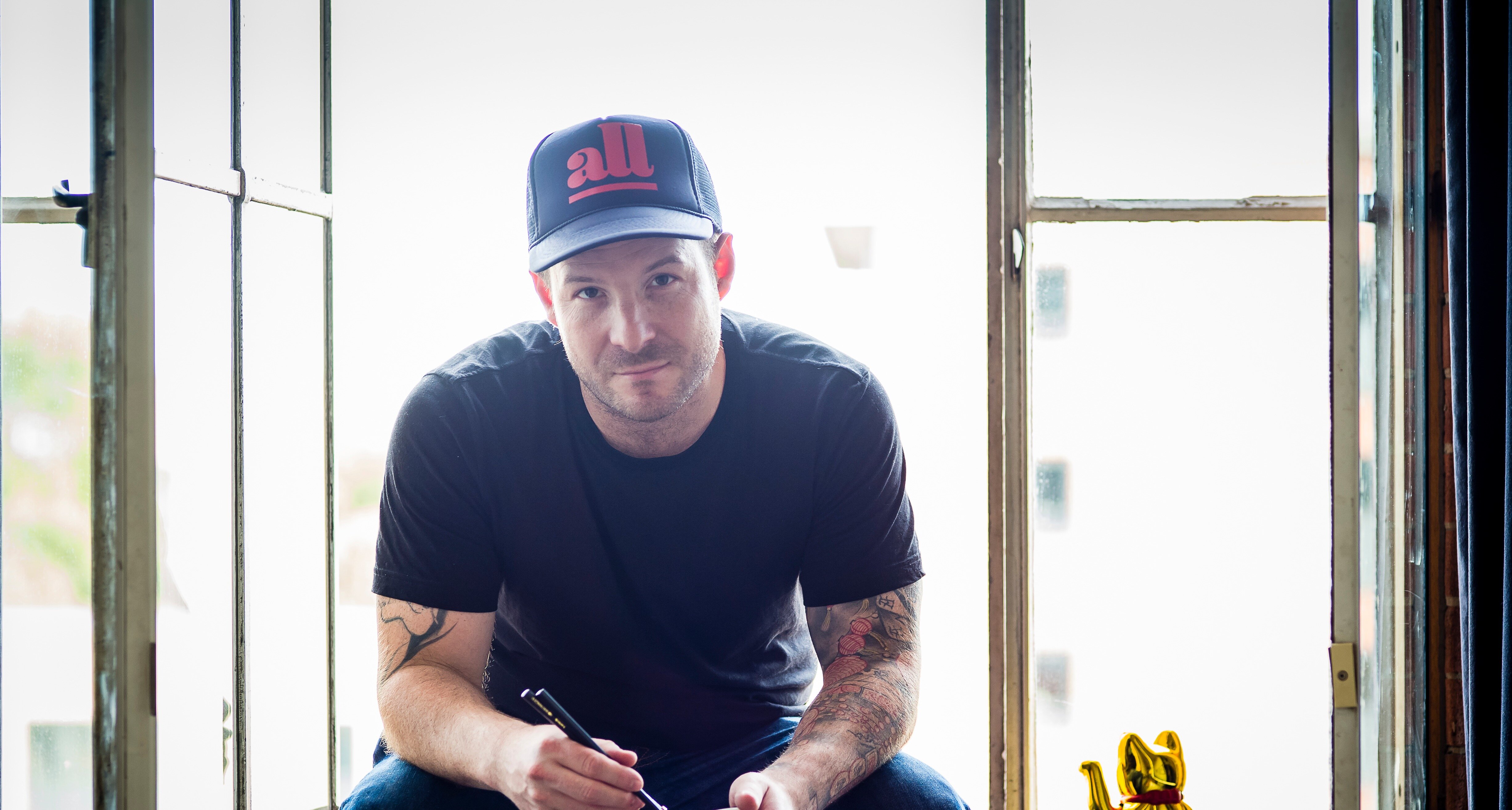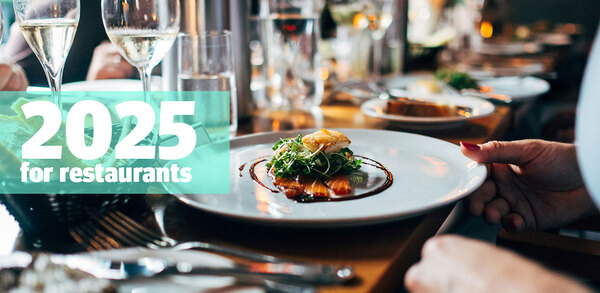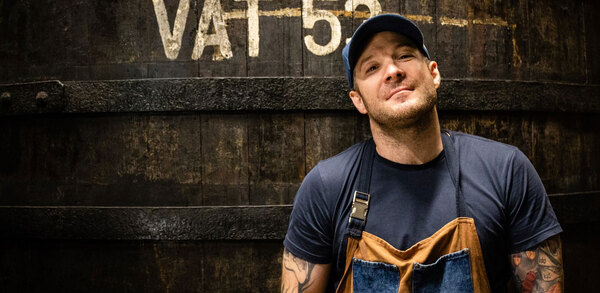Inside track: Deal with mistakes before they happen, says Neil Rankin
Rather than making up for past mistakes, why not deal with them head on before they happen, asks Neil Rankin
When I was eight years old there was a kid at school who used to go around kicking other kids in the balls. The next day, like clockwork, he’d always apologise by bringing in some sort of chocolate bar or small toy as a gift. The teachers never really found out about it because nobody was mad for long as they knew they were getting a bar of chocolate, once the ball pain died down. But he never got any better, probably never dealt with his guilt in the way he was supposed to, and the last I heard he became a Hibs football casual and went to prison for GBH at 17.
Later in life I came across the much darker situation of a man who bought his wife flowers every Saturday, but later I found out this was only because every Friday night he’d get drunk after work and then come home and get rough with her.
The point I’m trying to make here is that if you know you’re doing something wrong you have to address the thing you’re doing wrong directly. You can’t substitute inaction at fixing what you know is a negative by doing something separate or different that on its own would be considered positive.
That’s not how life works. That’s not how we solve problems. A serial killer is still an evil person even if he gets a part-time job as a heart surgeon. A positive and a negative doesn’t equal zero in life.
This is why the idea of carbon offsetting just doesn’t have any real place in the battle against climate change, and why offsetting as a way of fixing our future is pure gaslighting horseshit. It’s all well and good planting trees or fancy grass in the sea, and I encourage anyone to invest in climate-positive missions, but you can’t do it just because you don’t want to change the thing you recognise as a negative. And for fuck’s sake, don’t pay someone else to do it for you. That’s like the guy getting his secretary to buy the flowers for his wife on the company card. It’s worse. It sends a message to the world that you can carry on regardless as long as you throw money at something. But the whole world can’t just grow trees any more than the whole country can switch to a green energy supply tomorrow.
It’s a global issue, so it’s not about fixing problems that only apply to you or the public’s view of you (that’s just marketing). It’s about encouraging real change that we can all follow as a blueprint. If your problem is your carbon emissions, you need to reduce the things you do that produce too much carbon. Switching to a green energy supplier is not helping as it’s already there. Creating more green energy – or preferably just using less energy – is what’s required.
You could just own it and do nothing, which frankly is better than giving a false lifeline to an industry that will eventually have to adapt. But if you recognise there needs to be change and want to do it, maybe you need to change your focus. For example, it’s not all about meat. Meat is just one element and nobody expects meat-focused restaurants to go vegetarian or vegan. If that’s what you are, that’s what you are. It’s about overall energy usage, transport, suppliers, packaging – there’s a million things. Or maybe, just maybe, it’s about putting that whole thing on ice expansion-wise and making sure all new restaurants have a true carbon-negative focus, rather than one that requires planting a forest.
Nobody is forcing anyone to change, but be prepared that real change requires real sacrifice.

















